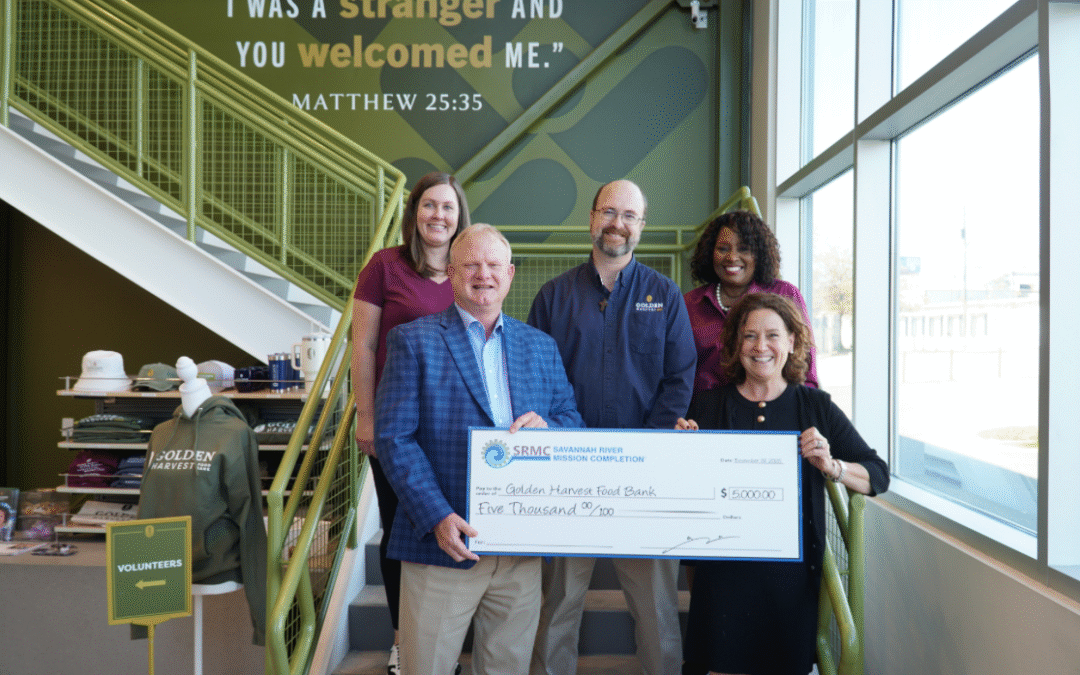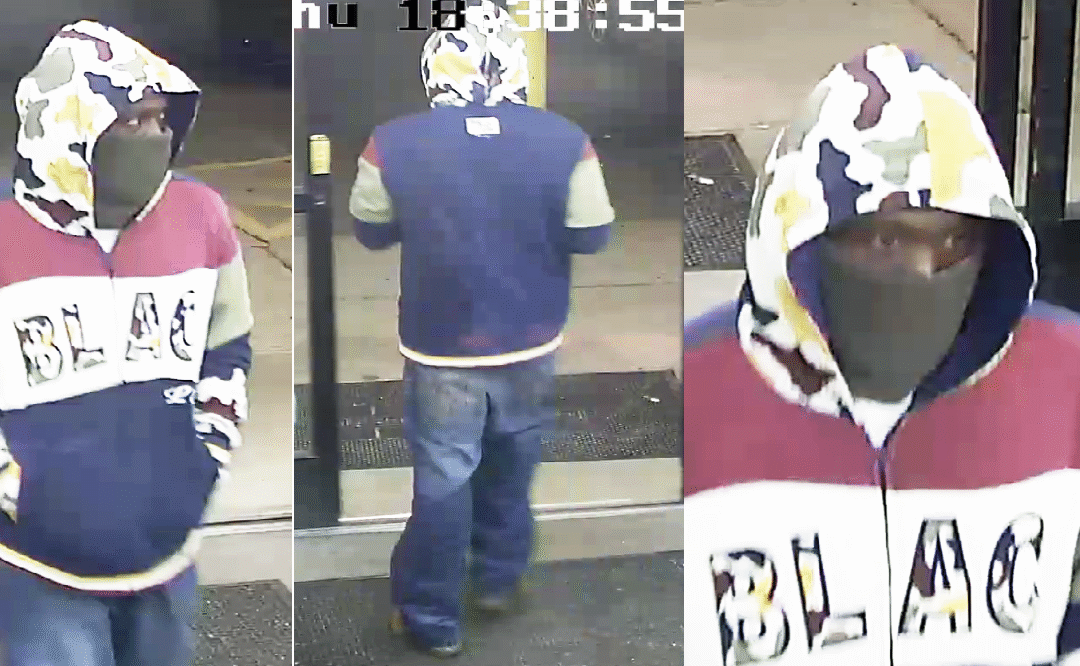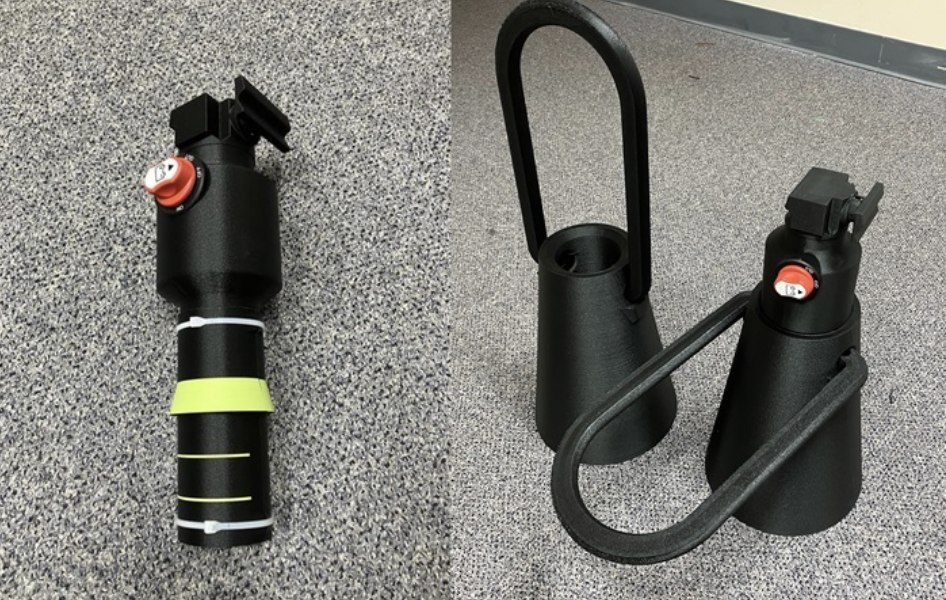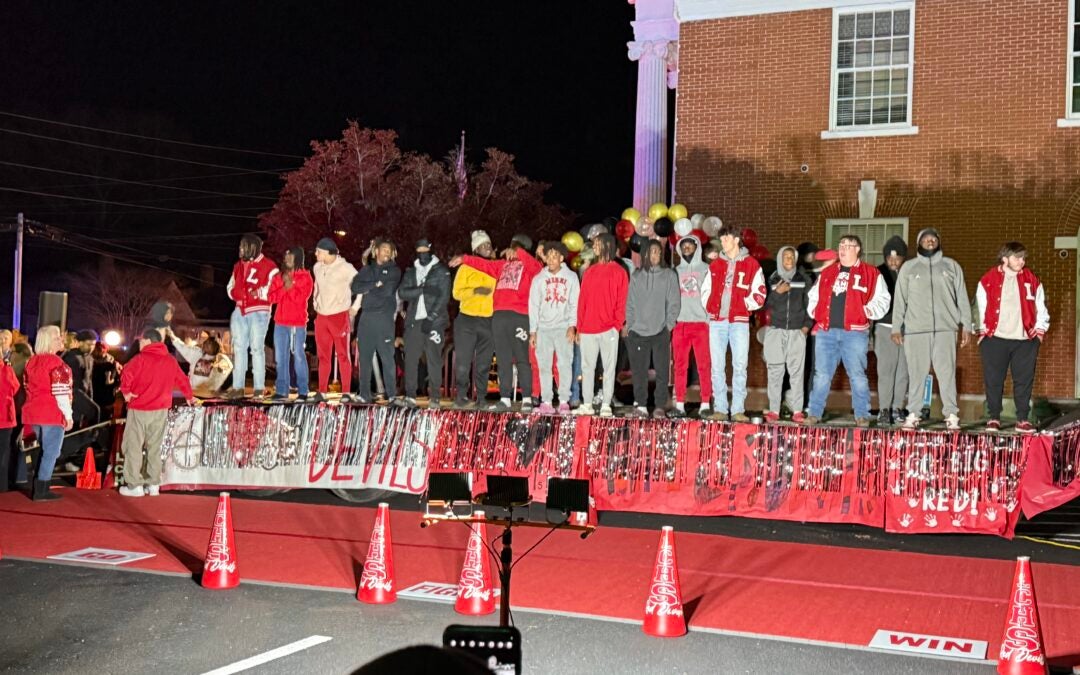Augusta University has announced it has received $1 million in federal funding to support Medical College of Georgia’s new Center for Telehealth.
In a media conference at the J. Harold Harrison M.D., Education Commons Tuesday morning, AU President Brooks Keel offered gratitude to U.S. Rep. Buddy Carter for securing the funds for the telehealth initiative.
“This is hugely important for us as a medical school, but also for us as a state,” said Keel. “It gives us an opportunity to treat those patients in the hospital in the community in which they live.”
Telemedicine is a digital means of interaction between physicians and patients for treatment. This entails a spectrum of remote healthcare capabilities, from using telemonitoring to watch vital signs to scheduling check-ups or evaluations online to avoid waiting rooms at doctors’ offices.
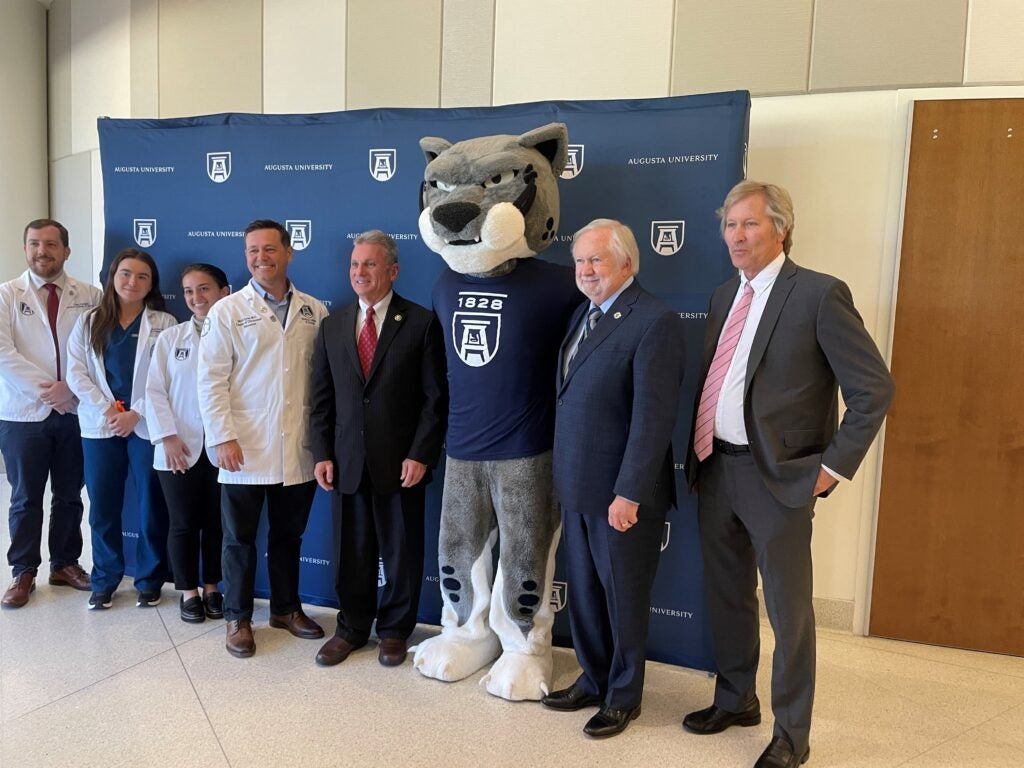
The project involves establishing comprehensive connectivity between hospitals to enable online consultations between clinicians — including specialists such as cardiologists or psychiatrists – and patients, regardless of location.
Carter, who represents Georgia’s First Congressional District that includes the Savannah area, further emphasized the telehealth initiative’s projected impact on rural communities throughout the state, calling it the “modern day home doctors’ visit.”
“The hospitals benefit because they keep the patients in the hospital, so economically that helps them,” said Carter, noting that currently the system is primarily set up to administer communications between hospitals, but will evolve to connect healthcare facilities and patients’ homes. “And it helps open up the beds here in Augusta that we truly need for more severe patients, who need the expertise that’s offered here.”
The congressionally directed spending monies are to go toward acquiring equipment and educating health care providers in how to use telehealth tech.
The college has been applying telemedicine resources to treating patients for some 20 years, using its remote evaluation of acute ischemic stroke (REACH) system to facilitate online consultations with neurologists for stroke patients in rural areas.
The Telehealth Center, however, would expand that “reach” to all kind of healthcare, for adults and children, as well as train both medical students and professionals in applying it to their treatments.
Dr. Matt Lyon, emergency medicine professor and director of the Center of Telehealth, said that MCG’s new curriculum includes training medical students in telemedicine “on day one.”
“[For] our students that are graduating, telemedicine will be just how they practice medicine,” Lyon said. “This grant will allow us not only to continue that and make it more high quality, but also go back and teach people that have been out in practice how you do this. Telehealth is going to be a part of the fabric of our curriculum. To the students, it’s just built into it.”
Skyler Q. Andrews is a staff reporter for The Augusta Press. Reach him at skyler@theaugustapress.com.





